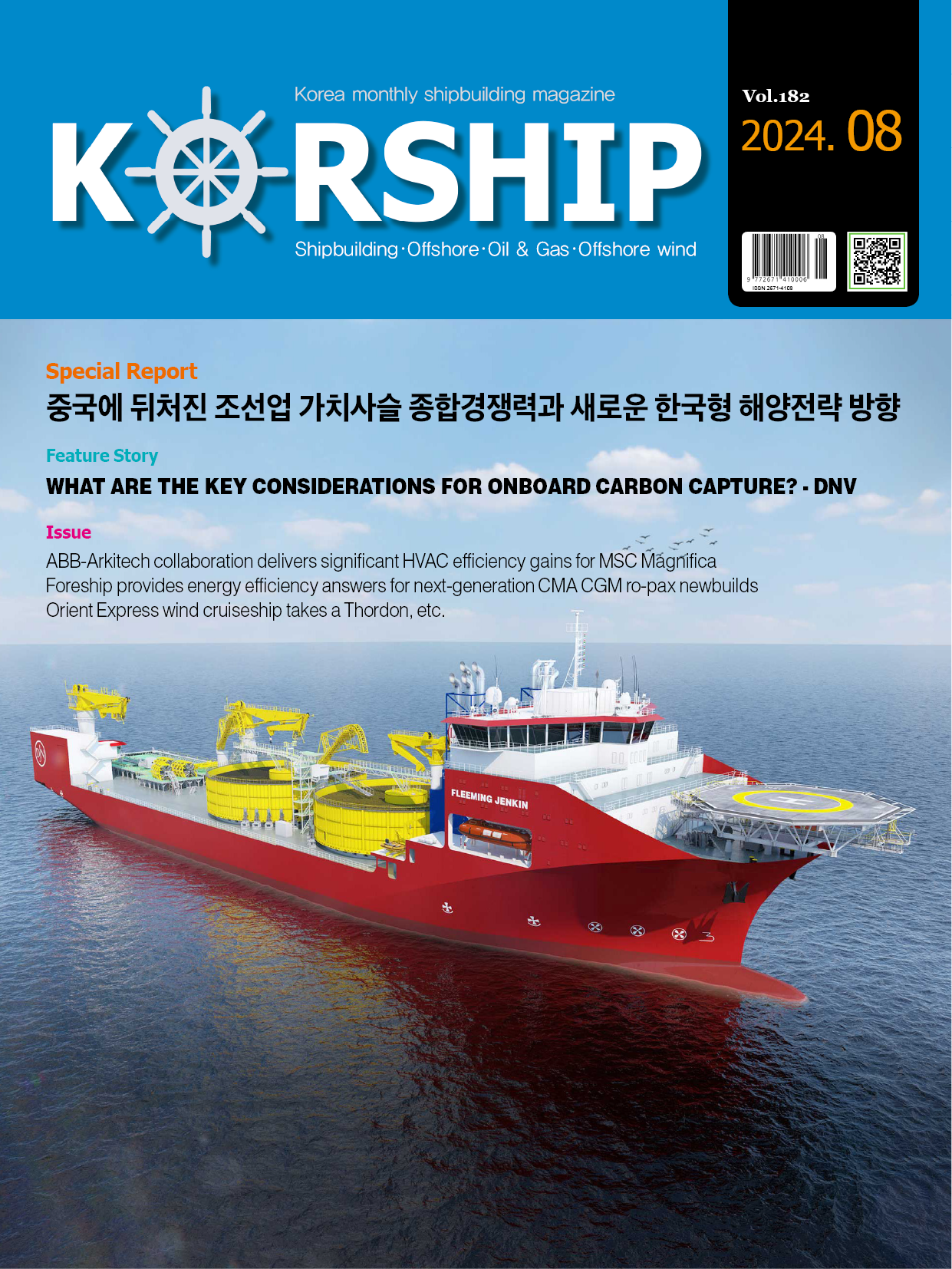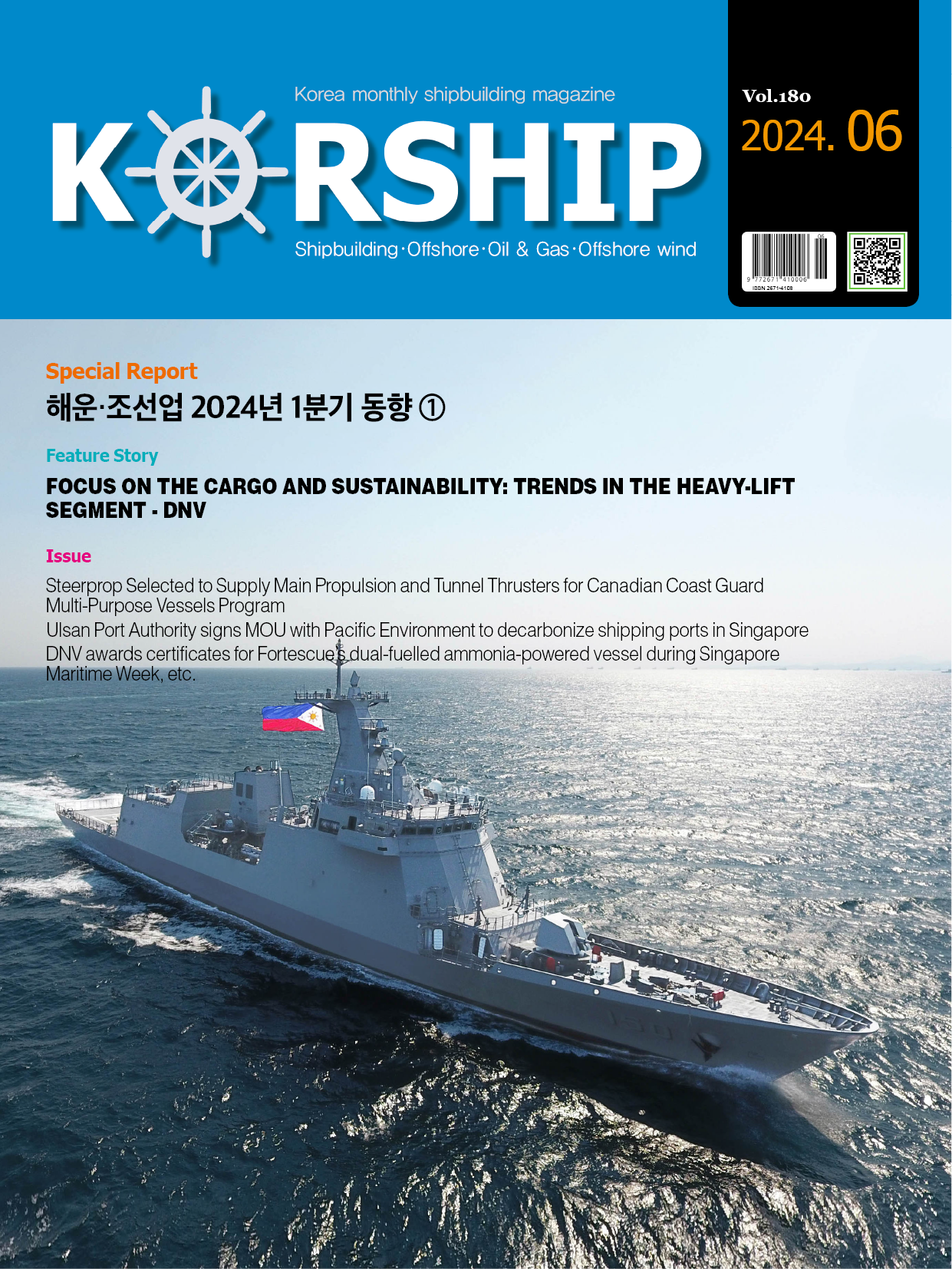Issue PROSTEP builds digital twin in the ProProS research project
페이지 정보
작성자 최고관리자 댓글 0건 조회 2,238회 작성일 20-03-12 19:06본문
Modern shipbuilding - starting with shipbuilding prefabrication - is a logistical challenge. In order to maintain an overview right from the start and to be able to intervene on a daily basis, for example in the event of staff shortages, the Bremen-based Fr. Lürssen shipyard, the Machine Tool Laboratory(WZL) at RWTH Aachen University and PROSTEP AG have launched the ProProS research project. The aim of the project is to set up a digital twin for the manufacturing and assembly processes at shipyards and to use it for status control and optimization of shipbuilding
production.
The Lürssen-based family-owned company hopes that digitization will lead to greater transparency in production and a reduction in throughput times, as Dr. Bernhard Urban, Head of Development & Innovation, emphasizes: “The joint research project with PROSTEP and the WZL is the basis for greater digitization of our manufacturing and assembly processes. With the development program, we want to continue the far-reaching digitization processes of our company in a targeted manner and thus consider the claim to leadership in performance and quality formulated by our company founder Friedrich Lürßen.” As part of the project, PROSTEP is working together with the WZL’s manufacturing experts, who will be responsible for developing the production logic, to develop the demonstrator of a digital twin. It maps the
planning data from the target process(product structure, work orders, assembly sequence, scheduling, etc.) in a consistent data model and compares it in real time with the actual data from production and assembly.
The first step is to identify disturbances in the process flow, e.g. due to a missing or unfinished component, at an early stage using a clear component identification and to assess their effects on the schedule. The digital twin is also intended to take over control tasks and help to avoid or minimize delays by simulating alternative production and assembly sequences.
The project with a total volume of 3.2 million euros runs until 2022 and is funded by the Federal Ministry of Economics and Energy(BMWi). The coordinator of the project is the Lürssen shipyard, which specializes in yacht and naval shipbuilding.












